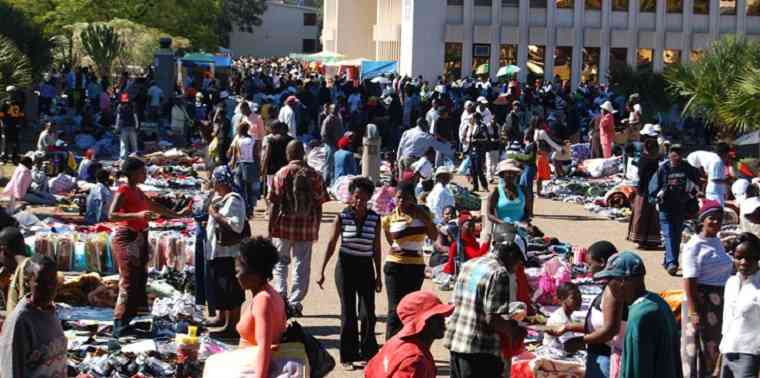Zimbabwe. Short-term insurers target informal sector
The Insurance Council of Zimbabwe (ICZ), an association of short-term insurers, says the industry is exploring new business lines through inclusive insurance and targeting the informal sector.
Motor and fire insurance continue to dominate short-term insurance industry revenue in both local currency and US dollar terms.
According to the Insurance and Pensions Commission (Ipec) third-quarter 2024 report, direct short-term insurers reported consolidated insurance revenue amounting to ZiG 2,53 billion and US$153,97 million in terms of foreign currency business.
During the reporting period, the primary drivers of insurance revenue were the motor, fire and farming classes of business, collectively contributing 71 percent.
ICZ chief executive Mr Donald Muthe, in an interview, said motor class insurance is the biggest because of the number of cars that are coming into Zimbabwe.
“We have an estimated 1,5 million vehicles coming into the country, resulting in motor insurance being the biggest line of business for short-term insurance.
“The fire class of insurance is also big, but what we are driving now is inclusive insurance under the National Development Strategy 1 (NDS1),” he said.
Mr Muthe said the sector is bringing in areas that were not insured before, like the smallholder farmers, which will result in the growth of the sector.
He said Farmers Basket’s agricultural insurance product, which aims to protect smallholder farmers against climate change-induced risks, has been upscaled to the country’s eight rural provinces for the 2024/25 agricultural season.
Mr Muthe said more than 20 411 smallholder households have been on-boarded for the 2024/2025 agricultural season, and this will go a long way in growing the sector’s line of businesses.
“The other area of concentration is going to be the informal sector. The Government is already making efforts to formalise that sector, and going forward, spaces like the informal sector and smallholder farmers will form a big part of the insurance industry,” he said.
According to ICZ, the introduction of an emergency call centre (591) is aimed at expediting response to emergencies and at the same time ensuring insurance mobilisation.
Mr Muthe said these are part of efforts to strengthen and continually improve the non-life insurance service provision.
“We aim to build trust and confidence in the public through offering insurance services that show commitment.
“The call centre and help desk for free use by the public to assess emergency assistance and access to insurance services and information will also provide much-needed assistance in assessing insurance compensation,” he said.
Compensation is one of the initiatives by the Government aimed at restoring confidence within the pensions and financial services sectors.
As a result, the Government last year set aside US$175 million towards that effort, and pension funds were asked to come up with their frameworks and payment plans.
However, Ipec, through Circular 8 of 2025, has extended the deadline for submitting audited financial statements of pension and provident funds to May 31, 2025, saying it had not approved any of the currency conversion reports submitted by the industry, as they compromised the credibility of the currency conversion exercise.
Ipec said it noted that most of the conversions were not done in line with the relevant International Financial Reporting Standards (IFRS).
In addition, the regulator noted a lack of sufficient disclosures in the actuarial conversion reports, including instances where some entities did not show actuarial liabilities before and after currency conversion.











